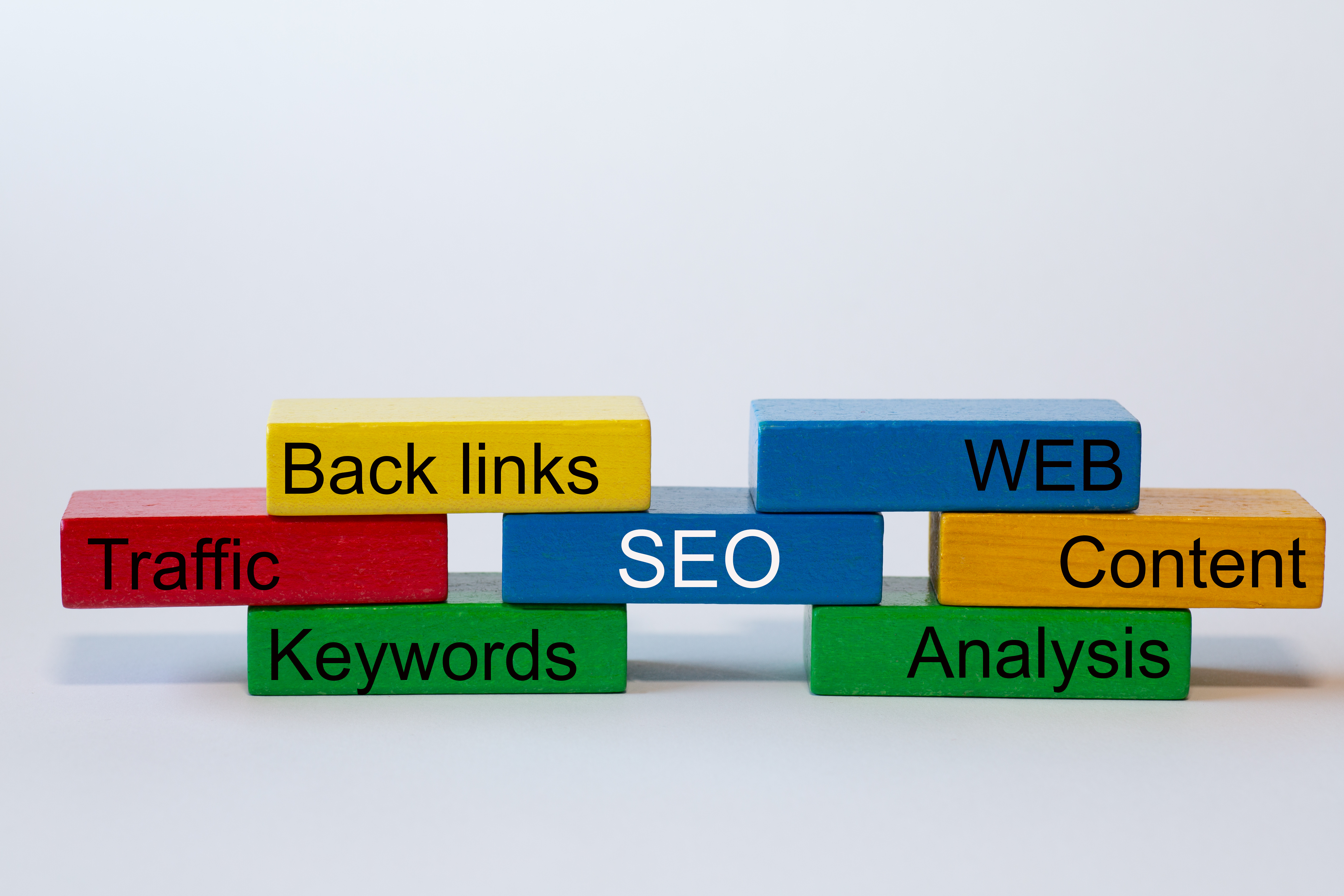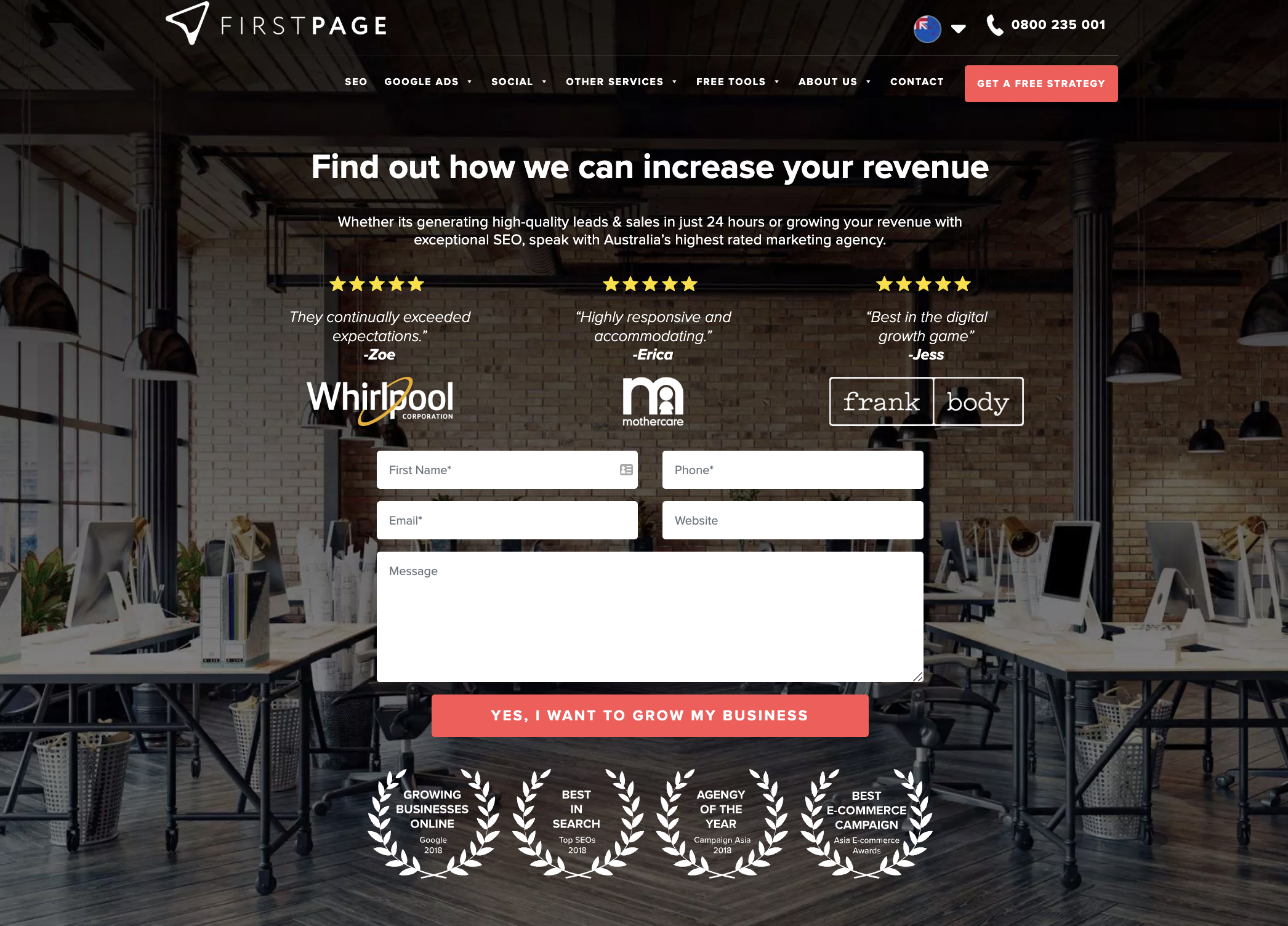Building Authenticity: Google’s Algorithm Update on Site Reputation Abuse
As the digital sphere continues to evolve, Google’s algorithm updates consistently push the boundaries of what it means to deliver quality content. The 2024 Google algorithm updates have intensified the focus on one significant aspect – site reputation abuse.
This change links to Google’s March 2024 update and is vital for anyone invested in SEO, from a leading digital marketing agency to webmasters. Stay ahead of the game by keeping up with the algorithm updates, deeply understanding their implications and how site reputation abuse can affect your SEO efforts.
What is Site Reputation Abuse?
Site reputation abuse involves the manipulation of a website’s trusted status. How? By hosting or linking to low-quality content that doesn’t align with the overall quality and theme of the site. This might include spammy third-party pages or guest posts and sponsored content that aims to benefit from a site’s high domain authority without contributing value – also known as parasite SEO.
While such practices can sometimes boost short-term traffic, they can mislead users and dilute the host site’s credibility. Your website might be risking its hard-earned reputation by not keeping a tight watch on the content it supports or links to, prompting Google’s algorithm change in May 2024.
Google’s Algorithm May 2024 Update: A Closer Look

The update of Google’s algorithm in May 2024 has put a spotlight on the need for authenticity and value in content – a firm stance against sites that exploit their reputation to boost irrelevant or low-quality content. One of the core reasons behind the stringent measures is to preserve user trust. Google aims to ensure that users receive not just relevant but reliable and credible information. This change underscores the necessity for websites to be more discerning about the content they host.
The impact? Enhanced scrutiny of link and content quality. Sites engaging in reputation abuse are seeing a downturn in their rankings. Google’s advanced algorithms are now more adept at understanding the context and quality of links and content hosted on a website. It’s also proficient at identifying and penalising sites that compromise on content quality to misuse their domain authority. This ensures that content hosted on reputable sites lives up to the expectations of users and search engines. Sites that fail to maintain high-quality standards risk losing their search visibility. Websites indulging in site reputation abuse may also face penalties such as reduced rankings or removal from search results, especially if manipulative content is detected.
Strategies to Protect Your Site from Reputation Abuse

Adapting to the 2024 Google algorithm updates requires vigilance and a proactive approach. Here’s how you can align your strategies with the latest changes:
Audit Your Content Regularly
Regular audits help identify and remove any low-quality content that could harm your site’s reputation. Conduct thorough reviews of all the content on your site, especially content contributed by external parties. Ensure that it meets the high standards Google expects. This isn’t just about avoiding penalties but enhancing your site’s reputation and user trust. Consider partnering with a reputable SEO agency in New Zealand, such as First Page Digital, which can provide expertise in maintaining content quality.
Foster Genuine Collaborations
Working with third-party content creators? Take extra care of transparency and maintain strict quality control to ensure their values and quality standards align with yours. This includes monitoring sponsored posts, affiliate content, and other third-party material. A selective collaboration will safeguard your site’s reputation and ensure that any shared content adds real value to your audience.
Enhance Site Authority the Right Way
Instead of leveraging potentially harmful short-term tactics for SEO gains, focus on building your site’s authority through genuine, high-quality content and solid user engagement. This sustainable approach will yield long-term benefits, particularly in light of Google’s focus on authenticity and user value. You can also use tools such as Google Search Console to monitor your site’s health and swiftly address any issues related to spam or penalties. Taking this strategic stance can be critical in staying ahead of potential problems before they impact your rankings.
Impact on Digital Marketing Strategies

Understanding and adapting to these changes is crucial for digital marketing agencies and their clients. Here’s how you can adjust your strategies:
- Prioritise Quality Over Quantity: Shift focus from the volume of backlinks and guest posts to the quality and relevance of each piece of content associated with your site.
- Educate Your Clients: As part of your service offering, ensure that your clients understand the importance of maintaining a clean, reputable site. Provide guidance on the best practices for hosting third-party content.
- Stay Updated: With Google’s algorithms constantly evolving, staying informed is key. Use resources from credible SEO platforms and digital marketing experts to keep your strategies current and effective.
Navigating the New SEO Landscape
Google’s algorithm change in May 2024 reflects the ever-changing nature of search engine optimisation. Site reputation abuse is just one of the many areas where Google is setting higher standards. By understanding these changes and implementing smart SEO practices, you can ensure that your site complies with the latest guidelines while standing out in the competitive digital marketplace.
Want to future-proof your SEO strategies? Partner with a knowledgeable SEO provider who can navigate these changes effectively. This is where First Page Digital steps in. With deep expertise in adapting to algorithm changes and enhancing site reputations, we ensure your SEO strategies comply with the latest guidelines and are primed for optimal performance. Take action now – contact us today to safeguard your site’s reputation and boost your SEO.















